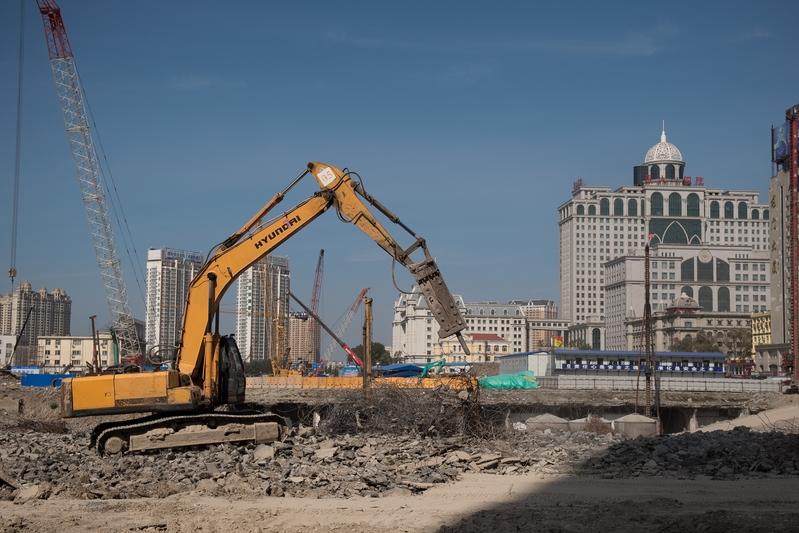After the outbreak of the CCP virus in 2020, China’s economic growth has been declining rapidly. Various structural problems in the Chinese economy began to erupt visibly in 2021. Among them, the slow sales of real estate have resulted in a sharp drop in the revenue of local governments at and below the provincial level.
China implemented a tax-sharing system reform in 1994, after which the central regime enjoyed an increase in tax revenue, while the local governments’ fiscal revenues fell sharply. A few years later, the increase in land prices driven by the real estate market became a major part of China’s local government revenue.





